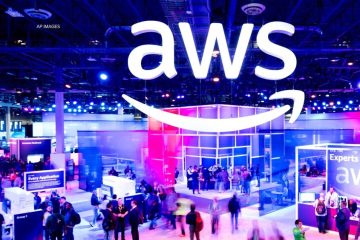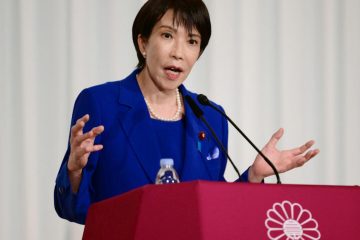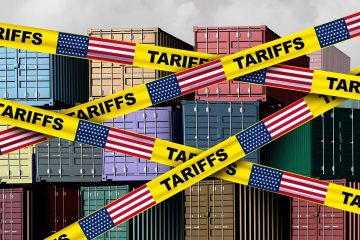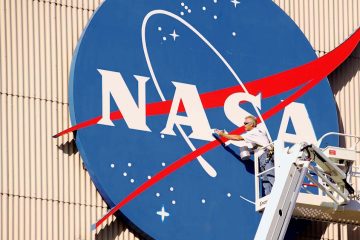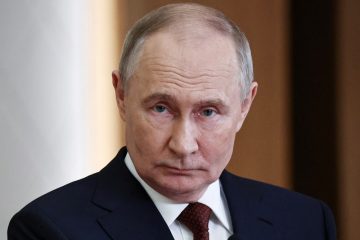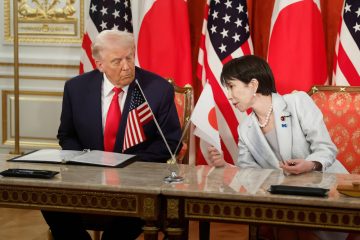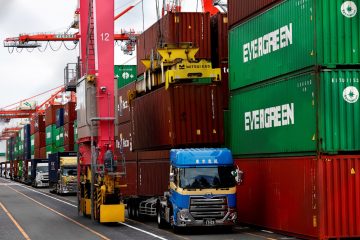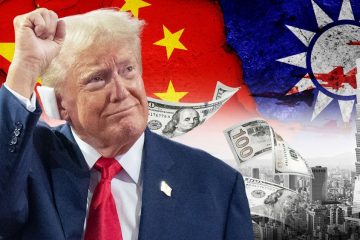China addresses technology executives involvement
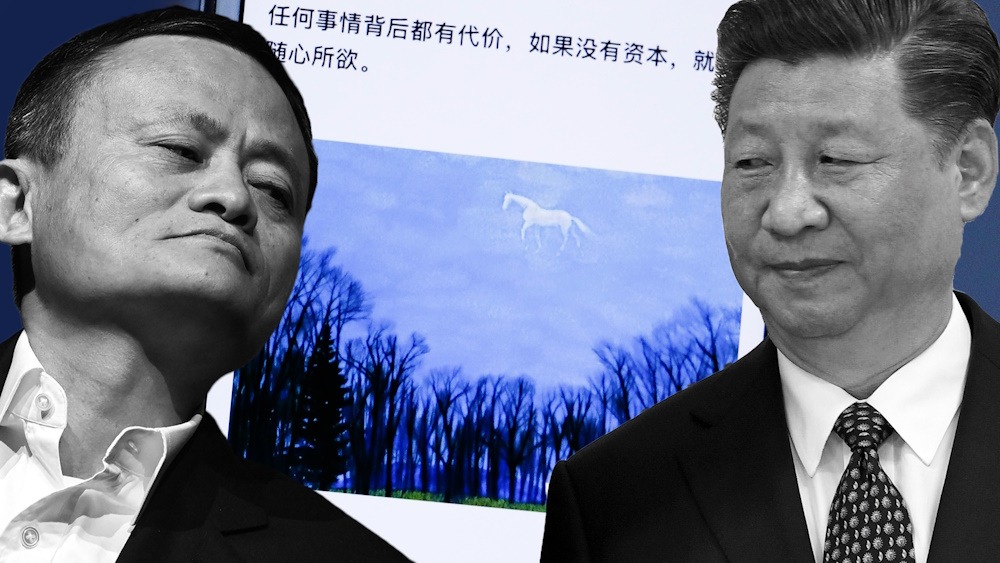
Chinese leader Xi Jinping has conveyed to prominent technology entrepreneurs and CEOs the necessity of the private sector in driving economic growth and achieving self-sufficiency, more than four years following a regulatory crackdown by Beijing that undermined confidence. A significant assembly of China’s leading business figures convened in Beijing on Monday for a meeting with Xi, as depicted in a broadcast by state television.
The tableau encapsulated a dual sentiment: a celebration of China’s technological progress alongside a recognition of the pivotal role played by private entrepreneurs—those who established their own enterprises and contended with state-owned firms—in facilitating China’s rise as a global economic powerhouse. At the forefront of the gathering was Jack Ma, the co-founder and enduring figurehead of Alibaba, the e-commerce and cloud-computing powerhouse, who occupied a prominent seat among the assembly of business executives. Ma, who was once a prominent figure, has largely retreated from the public eye in recent years following a speech in October 2020 that provoked Xi’s ire. His enterprises have been central to Beijing’s prolonged crackdown on the nation’s technology sector.
Shortly after that 2020 address, Xi aborted the initial public offering of Ant Group, an Alibaba financial-services affiliate, which was valued at over $34 billion. Subsequent actions were taken against private enterprises, particularly within the technology sector, where regulators condemned what they termed chaotic growth. A number of technology executives have withdrawn from the public sphere, with some even surrendering their positions within their organizations.
The enforcement measures have raised apprehensions that the state’s heavy-handed approach is stifling investment and deterring entrepreneurs from pursuing new ventures. Last May, Xi expressed concern over the declining number of unicorns—startups valued at $1 billion or more—in China, as reported by the Communist Party’s official publication, People’s Daily. Shares of Alibaba experienced a 4.3% increase on the New York Stock Exchange during Friday’s trading session, following a report from Reuters indicating that Ma was expected to meet with the Chinese leader.
Since the previous autumn, Beijing has indicated its backing for the private sector and has introduced a series of measures aimed at enhancing market confidence. The economy has exhibited sluggishness, partly attributable to challenges within the property market. The government is actively encouraging technology firms to assist China in attaining self-sufficiency in critical sectors, including semiconductor production and artificial intelligence.
The meeting on Monday followed President Trump’s decision to levy an extra 10% tariff on imports from China. In late 2018, amid the U.S.-China trade conflict during Trump’s initial term, Xi convened with Chinese entrepreneurs to express backing for the private sector and bolster confidence. Xi’s decision to convene business leaders once more, amid the emergence of a new trade conflict, was characterized as a “strong gesture to convey to the market and cautious local officials that these are our champions deserving of steadfast support in the face of various risks,” remarked Feng Chucheng, founding partner of Beijing advisory firm Hutong Research. “Given that numerous entrepreneurs hold substantial interests in the United States, it is imperative for Beijing to present a cohesive strategy to avert significant capital outflows,” Feng remarked.
Zhang Jiang, a former internet analyst at UBS, warned that the meeting does not imply that Beijing is poised to ease its stringent oversight of emerging technologies, particularly in strategically vital sectors like AI. “The more pressing inquiry pertains to the sustainability of Beijing’s recent positive shift in attitude,” he remarked. Monday’s meeting served as a platform to highlight sectors in which Chinese private-sector firms excel on the global stage. Among the attendees were Wang Chuanfu, the head of electric-vehicle manufacturer BYD; Robin Zeng, the leader of battery powerhouse Contemporary Amperex Technology; Lei Jun, the founder of smartphone company Xiaomi; and Pony Ma, the chief of gaming giant Tencent.
Executives from notable AI startups were present, including Liang Wenfeng, the founder of DeepSeek, which has recently astonished both Silicon Valley and Wall Street with its cutting-edge AI programs crafted using less advanced chips. In attendance was Ren Zhengfei, the prominent figure behind telecommunications behemoth Huawei Technologies. Since being sanctioned by Washington in 2019, Huawei has emerged as a national champion for Beijing, integral to its strategy of reducing dependence on U.S. technologies. The company has diversified into new sectors and identified strategies to reduce its reliance on American suppliers.

